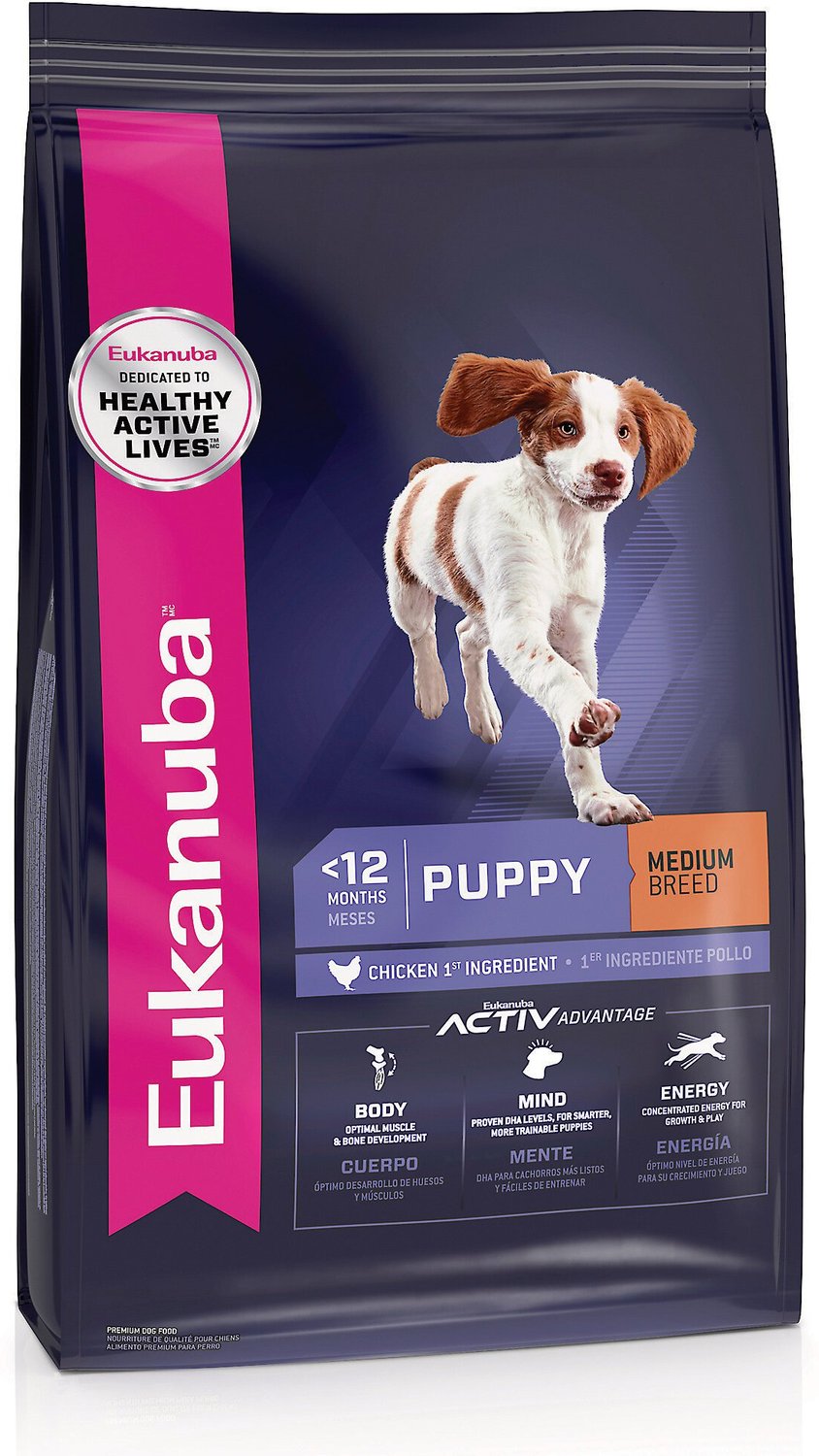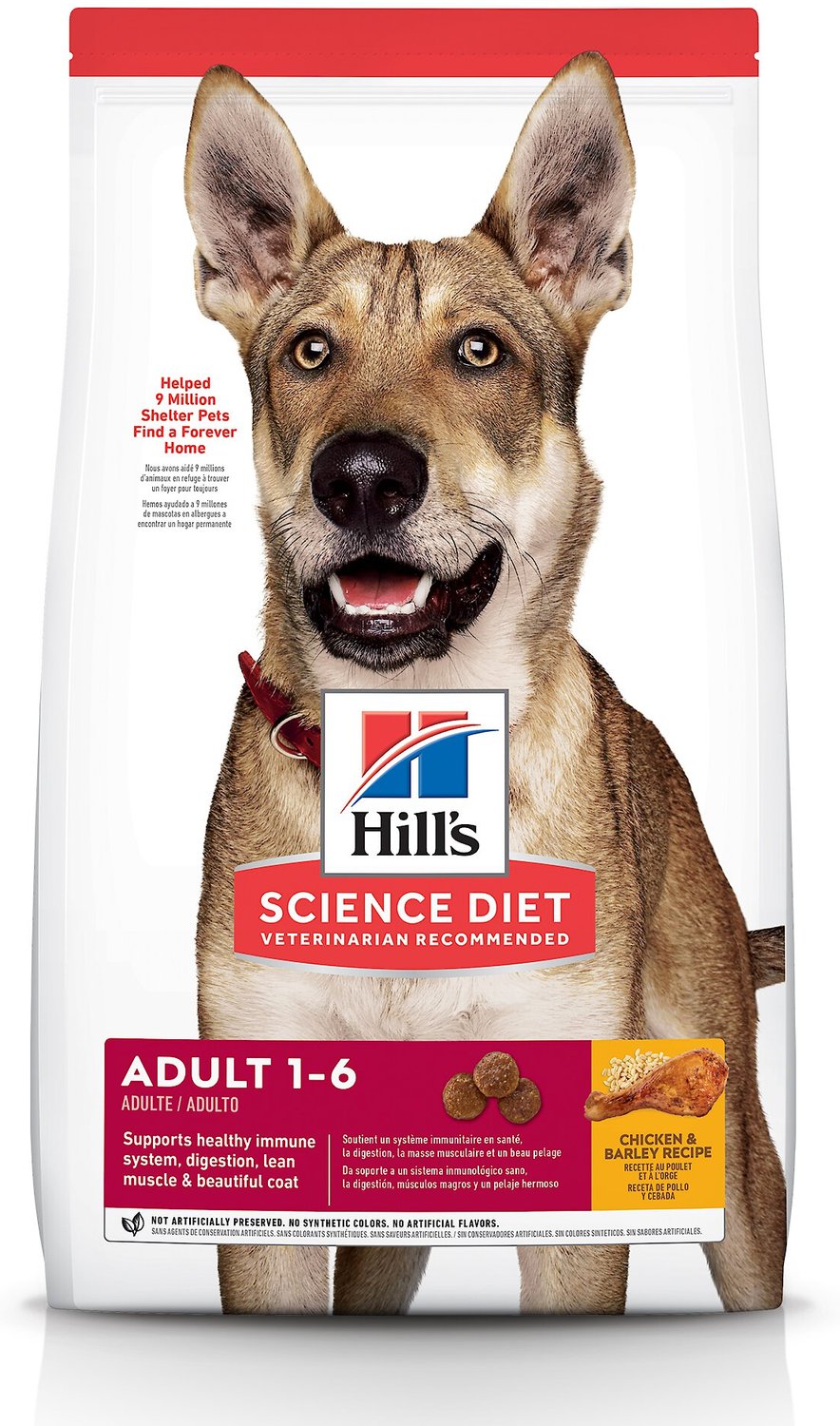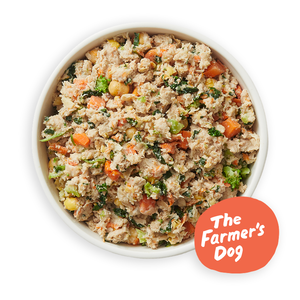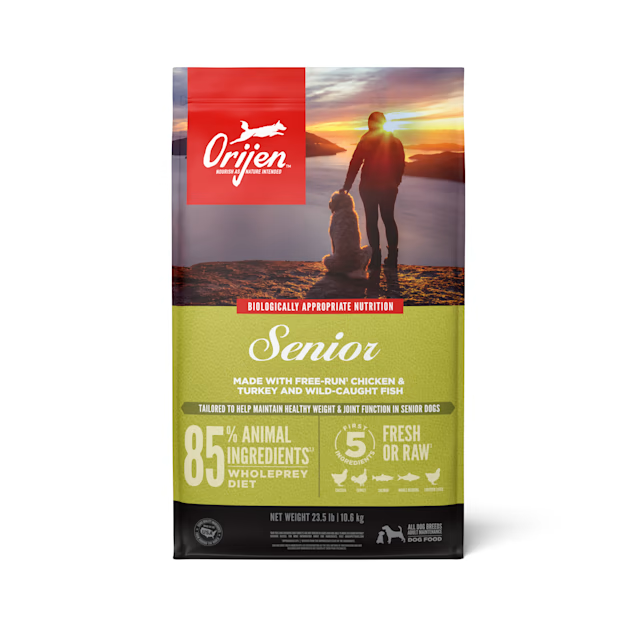What are the Best Dog Foods for German Shorthaired Pointers?
The German Shorthaired Pointer’s graceful athleticism makes him a popular pooch with families that enjoy the active lifestyle. A breed with a strong desire to please, this beloved dog type makes an excellent companion and is particularly good with children. Keeping the German Shorthaired Pointer in good body condition and health is a top priority of all owners. Whether you share your home with a puppy, a mature adult, or a senior, our list of top quality diets will help you select the right food to fuel your German Shorthaired Pointer’s health and lifestyle.
AKC Classification: Sporting Group
Exercise Required: 1-2 hours/day
Ideal Weight
Healthy Male Weight: 50-65 lbs
Healthy Female Weight: 40-55 lbs
Breed Summary
The German Shorthaired Pointer is a dog breed that is highly prized for its versatility. A sporting dog, the German Shorthaired Pointer is a valued hunter, accompanying its owner on hunts in the field in hot pursuit of birds and other game.
A highly active breed, the German Shorthaired Pointer needs regular daily exercise to remain physically and mentally content. This dog type is both playful and intelligent. An excellent family companion, the German Shorthaired Pointer is particularly fond of children but can play too rough with toddlers, making careful supervision a must during playtimes.
A dog that enjoys the company of its people, the German Shorthaired Pointer will not thrive if left alone for long periods of time. Though the breed is renowned for alert barking at the presence of strangers, the German Shorthaired Pointer is characterized by its exuberance and friendliness.
The German Shorthaired Pointer is naturally a people pleaser, eagerly working alongside its owner to learn new skills. They are easily motivated by both treats and praise and are rarely obstinate.
A hunting breed, the German Shorthaired Pointer is considered to be a gundog. This dog type can function as both a pointer and a retriever, making it an asset on a hunt.
Physical Traits
Athletic, muscular, strong, active, lean
Personality Traits
Playful, loving, eager to please, happy, friendly
Health Considerations for German Shorthaired Pointers
To keep a German Shorthaired Pointer healthy and well, it is an excellent idea to select a diet that is designed to meet the dog’s activity level, age, and unique needs. A vital part of this strategy includes considering what health conditions can be common to this breed.
Though German Shorthaired Pointers typically enjoy excellent health, there are a number of health conditions which can befall the breed.
Hip Dysplasia
Hip Dysplasia is a genetic condition that can be passed down to German Shorthaired Pointers from their parents where the hip ball does not fit squarely within the socket, resulting in rubbing of bone against bone. Dogs with Hip Dysplasia experience pain to varying degrees and may become lame over time. A diet that provides support for joint health through supplements, such as glucosamine and chondroitin, can be a great help to the German Shorthaired Pointer. Joint health can be maintained with food or supplements that contain:
Lymphedema
Another health problem that can plague the German Shorthaired Pointer is Lymphedema. This condition is evidenced by a blockage or twisting of the lymphatic system, leading to inflammation and fluid retention. Nutrition doesn't directly cause Lymphedema, but healthy bodies can help avoid some conditions that cause it.
Von Willebrand's Disease
Von Willebrand’s Disease is a condition in which the dog’s blood will not clot properly. Dogs suffering from this disease require daily supplementation of the Von Willebrand factor to help their blood to function normally. It is incurable but can be managed.
Cancer
One of the most common health problems experienced by German Shorthaired Pointers is cancer. There are various different types of this disease that the breed can be predisposed to including mammary tumors, mast cell tumors, and lymphosarcoma. Cancer can't always be avoided, but the many benefits of a healthy diet and lifestyle does include being able to prevent some cancer.
Complete a nutritional assessment to view individualized diet recommendations specifically for your pet.
Foods We Recommend: German Shorthaired Pointer Puppies
When do German Shorthaired Pointers grow out of the puppy stage?
18-24 months old
As a larger breed dog, the German Shorthaired Pointer enjoys a longer puppyhood. To ensure this dog breed follows a healthy rate of growth, it is important to feed a high quality diet that prioritizes moderate amounts of lean proteins based on animal sources. In addition to this, the correct ratio of calcium to phosphorous should be included.
German Shorthaired Pointers should be fed a large breed puppy food until they reach one year of age or 75 percent of their full adult size. At this point, they should be transitioned to an appropriate adult food.

Rocky Mountain Recipe with Red Meat Puppy Grain-Free Dry Dog Food

Puppy Medium Breed Chicken Flavor Dry Dog Food

Smart Puppy Original Dry Dog Food

Beneful Healthy Puppy with Farm-Raised Chicken Dry Dog Food
Foods We Recommend: German Shorthaired Pointer Adults
When do German Shorthaired Pointers become adults?
18-24 months old
German Shorthaired Pointers are very energetic dogs and need a diet that can fuel their needed reserves of energy. The ideal food for this breed should include a minimum of 18 percent protein and 5 percent fat, all derived from exceptional sources including lean meats and fish oils. Some of our top picks include:

Duck Recipe Grain-Free Dry Dog Food

FrontRunner High-Meat Chicken, Oats & Turkey Adult Dry Dog Food

Science Diet Adult Chicken & Barley Recipe Dry Dog Food

Fresh, Personalized Ingredient Meal Plan
+ Custom, human-grade diet
+ More expensive than kibble
Foods We Recommend: German Shorthaired Pointer Seniors
When do German Shorthaired Pointers become seniors?
9-10.5 years old
The aging German Shorthaired Pointer is still an active dog but is far less busy than during its younger years. To help give the senior GSP all of the nutrition it needs, it is wise to select a diet that is lower in calories but that still remains very filling.
The protein content in a senior food should be moderate at best. The best dog foods for senior German Shorthaired Pointers should be based on a lean meat that is easily digestible. Supplements to support joint and heart health such as glucosamine, chondroitin, and taurine are an excellent choice.
Among the foods we like for senior German Shorthaired Pointers include:

Bright Mind Adult 7+ Chicken & Rice Formula Dry Dog Food

Senior Real Chicken, Sweet Potato & Garbanzo Bean Recipe Dry Dog Food

Senior High Protein Fresh & Raw Animal Ingredients Dry Dog Food

Limited Ingredient Diet Turkey & Potato Recipe Senior Dry Dog Food
Affiliate Disclosure
We do not accept money to recommend pet foods. However, we do receive referral fees from online retailers (such as Chewy or Amazon) on qualifying purchases. Our recommendations are neutral, and diet recommendations are made without considering whether we will receive a referral fee.

